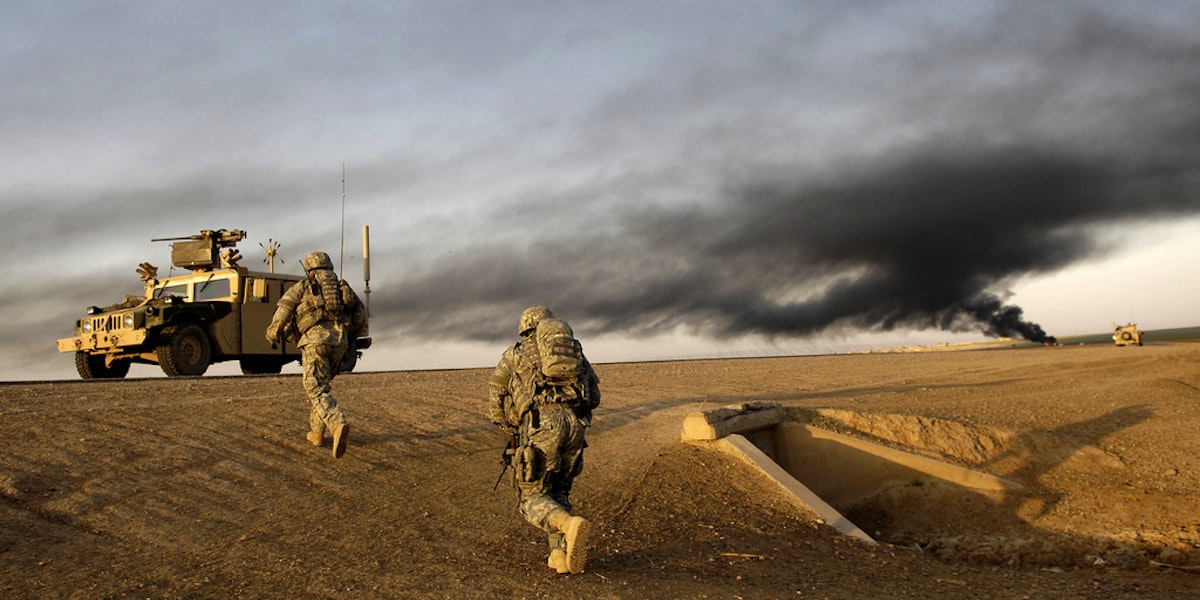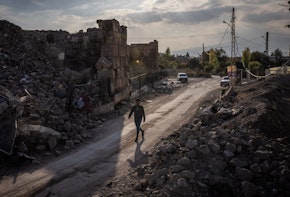Mothballed after the failed venture to create a sustainable South Vietnamese “nation” in the 1960s and 1970s, terms such as “nation-building” and “counterinsurgency” have returned to the front burner of America’s security debate with the U.S.-led military operations in Afghanistan and Iraq. The Century Foundation sought out James Dobbins—one of America’s foremost diplomats and negotiators in areas of crisis—to write a paper reconsidering those notions, “Nation-Building and Counterinsurgency after Iraq.”
Dobbins argues that “nation-building” is now firmly back on the national and international agendas, and that the experience of activities led by the United States in Afghanistan and Iraq has revealed some serious weaknesses in Washington’s nation-building approaches and the agencies that seek to implement them.
The paper traces American actions (and amnesia) from the early 1990s through Afghanistan and Iraq, and looks past the current situations to a future in which, he argues, nation-building missions will be unavoidable. He outlines a number of policy recommendations that will be important both to Americans and our international partners in a world replete with countries whose stability and survival depend on international support.









